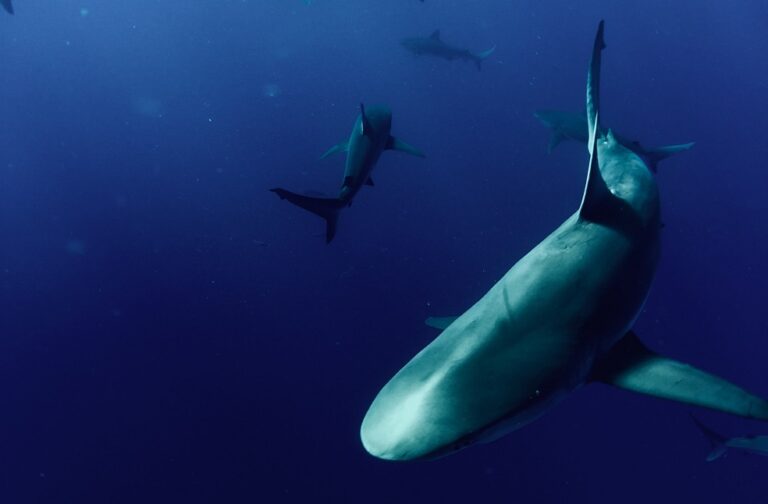London, UK: According to a recent study conducted by researchers from the University of Glasgow in the UK, global warming is causing a significant shift in fish populations in the world’s oceans. The study reveals that the majority of fish species are relocating towards colder waters near the Earth’s north and south poles or moving to deeper waters in response to rising ocean temperatures.
The temperature of the surrounding water plays a crucial role in the metabolic functions, growth, and reproduction of marine life, including fish. Even small differences in water temperature can have a significant impact, as marine species often have a narrow livable temperature range. As a result, the researchers found that changes in marine life due to global warming have occurred at a rate up to seven times faster than land-dwelling animals.
The study, published in the journal Global Change Biology, analyzed data from 115 species across various oceanic regions. It encompassed a total of 595 marine fish populations and their responses to increasing sea temperatures. The researchers observed a clear trend where species inhabiting regions experiencing faster warming demonstrated the most rapid shifts in their geographical distributions.

Lead author of the study, Ms. Carolin Dahms, noted, “It’s possible that the rate of warming in some regions may be too fast for fish to adapt, and so relocating may be their best coping strategy. At the same time, we see that their ability to do so is also impacted by other factors such as fishing, with commercially exploited species moving more slowly.”
While the relocation of fish to cooler waters may provide a short-term solution for their survival, the long-term consequences for food webs and ecosystems remain uncertain. The researchers highlighted the need to assess how these changes will affect the overall balance of marine ecosystems.
The findings underscore the urgent need for climate action to mitigate global warming and preserve the delicate equilibrium of marine life. Understanding the impacts of climate change on the world’s oceans is crucial for developing effective conservation strategies and ensuring the continued well-being of marine ecosystems.



